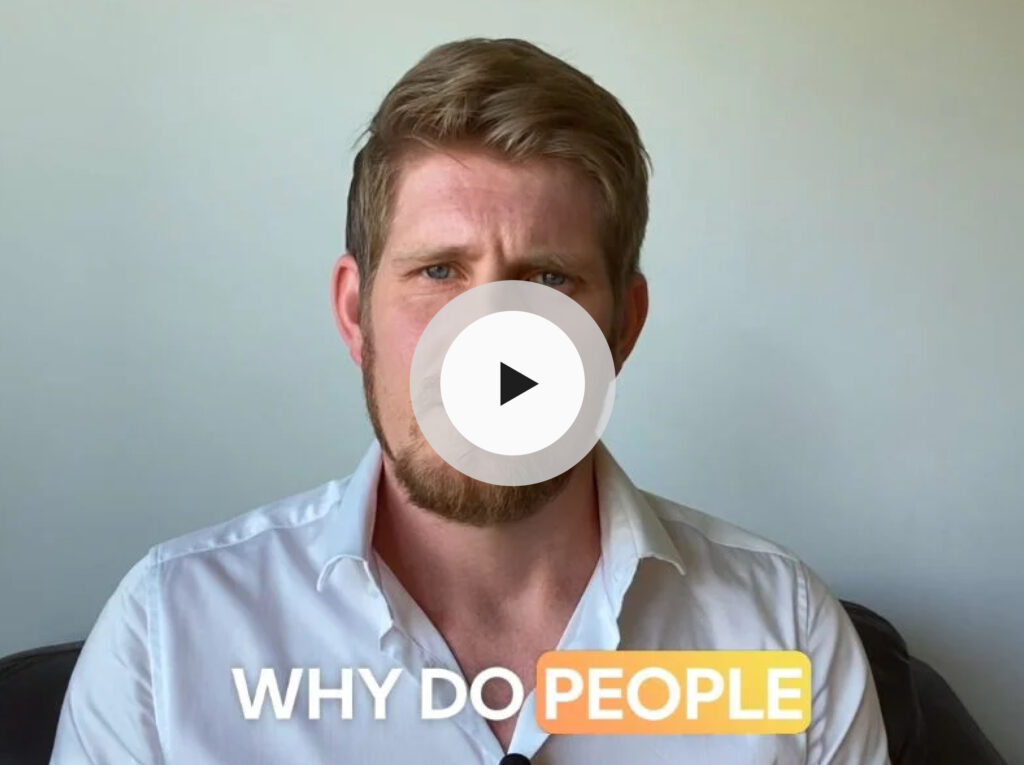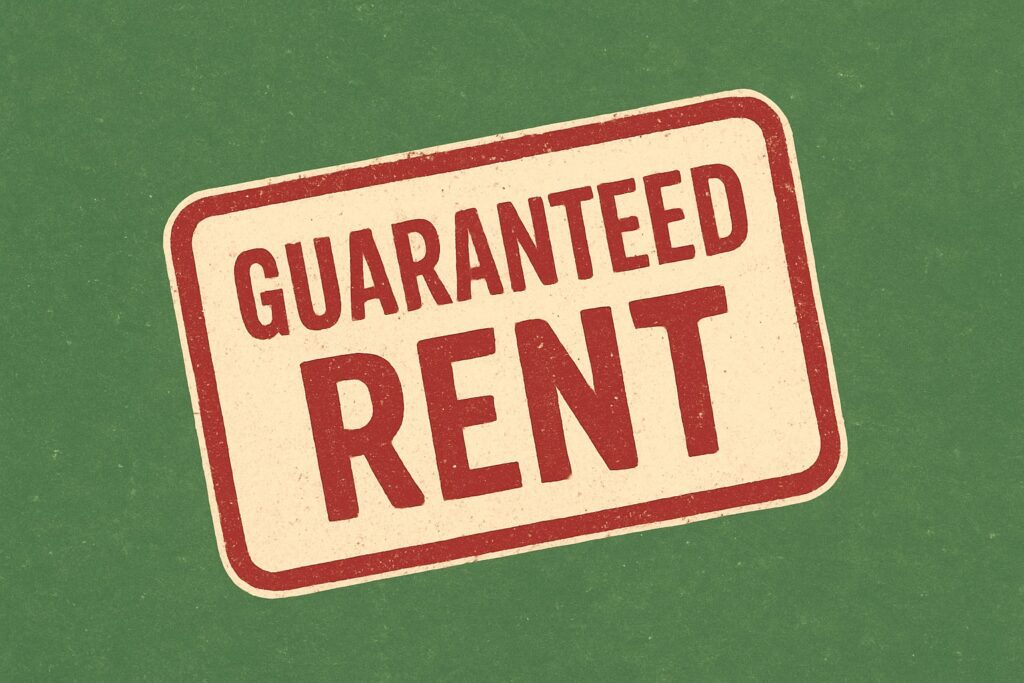Procrastination is a silent thief in the world of property investing, robbing even the most intelligent and capable people of opportunities. It’s fascinating and frustrating—to observe how smart individuals, who logically understand the need to take action, manage to talk themselves out of it. They create a fortress of excuses, overanalyse every detail, and cling to imagined pitfalls to avoid making decisions. Ultimately, this hesitancy can cost them far more than they realise.
Why Procrastination Happens
Intelligent individuals often pride themselves on their ability to think critically and weigh options. However, this strength can also become their greatest weakness. Instead of moving forward with calculated risks, they become paralysed by the “what-ifs”—imaginary fears that overshadow the facts.
For example, when presented with a great property investment, some people balk at paying a small, refundable deposit to secure it. They hesitate, thinking, What if something better comes along? What if the market changes? Instead of acting, they delay. Three months later, the same property is $20,000 more expensive. Now they think they’ve “missed the boat,” and the cycle of inaction continues. This thought pattern is driven by fear—fear of failure, of making the wrong decision, or of encountering unexpected challenges. But ironically, the very act of procrastinating often leads to worse outcomes than the ones they fear.
The Cost of Waiting
Procrastination in property investing can be incredibly costly. The property market, particularly in growth areas, doesn’t wait for anyone. Prices rise, demand increases, and opportunities vanish. When someone waits for the market to “calm down” or prices to “come back down,” they often find themselves chasing an ever-moving target.
Consider this scenario: an investor hesitates to purchase a property today because they’re waiting for a guarantee or a perfect moment. In six months, the property is significantly more expensive, and their budget no longer stretches far enough. Now they’re stuck, blaming the market instead of recognising that their own inaction caused the problem. The truth is, there will never be a perfect moment. Waiting for all the stars to align is a
surefire way to miss out.
Overcomplicating and Overanalysing
One of the most common traps for procrastinators is overcomplicating the decision-making process. Instead of focusing on key fundamentals—like location, demand, and long-term growth potential—they dive into endless research. They obsess over details like rent guarantees, worst-case scenarios, and minor inconveniences that, in reality, have little impact on the investment’s success. Of course, due diligence is important. But there’s a fine line between due diligence and analysis paralysis. If you’re looking for reasons not to invest, you’ll always find them. Floods, market downturns, tenant issues—the list of potential risks is endless. However, by fixating on these possibilities, you lose sight of the bigger picture: the opportunities that come with taking calculated risks. Investing is inherently about managing uncertainty. You’re rewarded for taking risks, not for avoiding them altogether. Those who demand absolute guarantees are chasing an illusion. Complete safety does not exist in investing, and waiting for it will only lead to stagnation.
Imaginary Fears vs Real Risks
Another hallmark of procrastination is the creation of imaginary fears. People envision worst-case scenarios that often have little basis in reality. They might think, What if there’s a flood? What if I can’t find tenants? What if interest rates rise? While these are valid considerations, they’re rarely deal-breakers.




